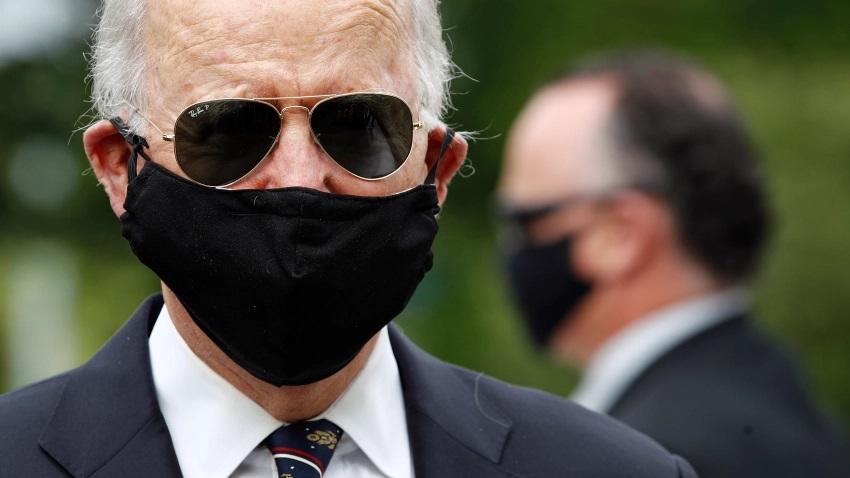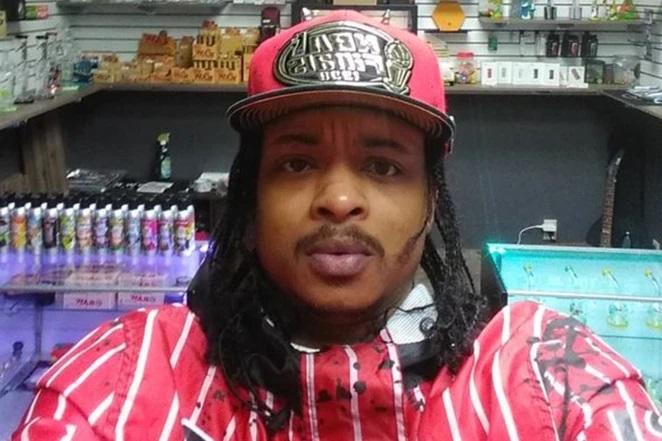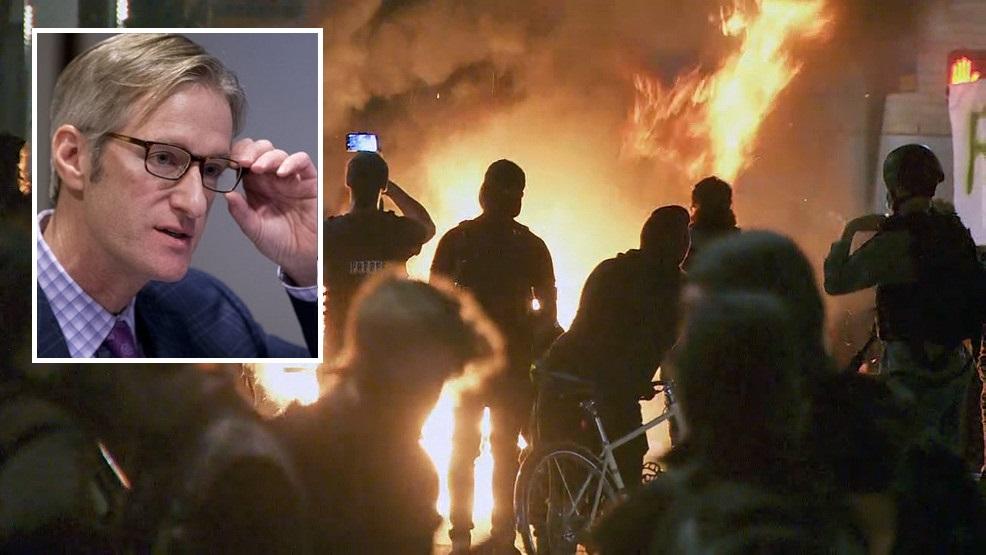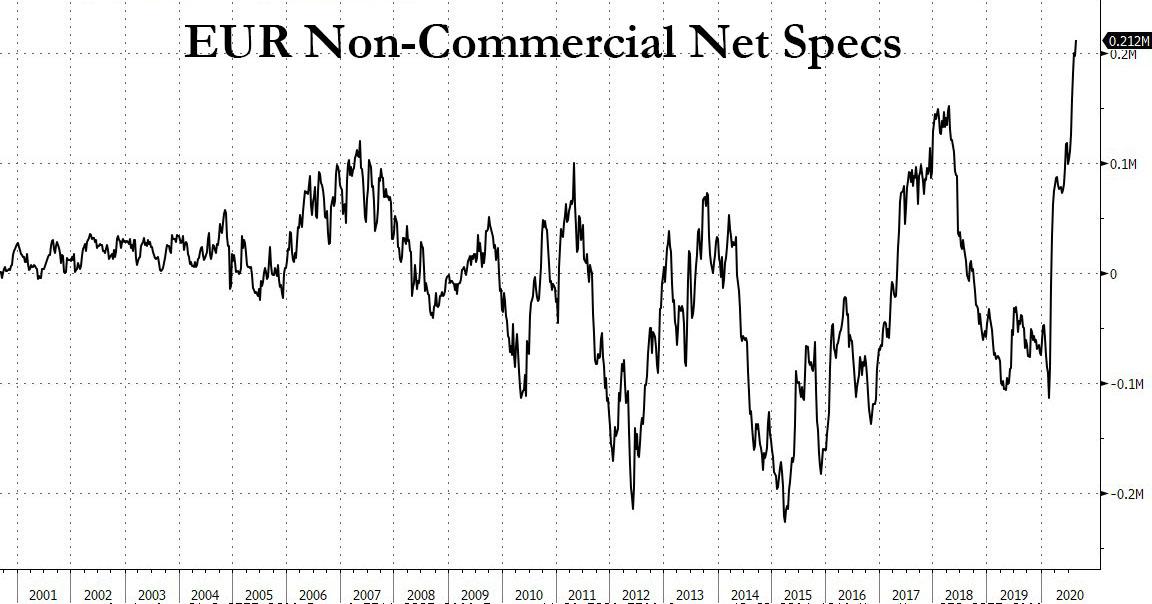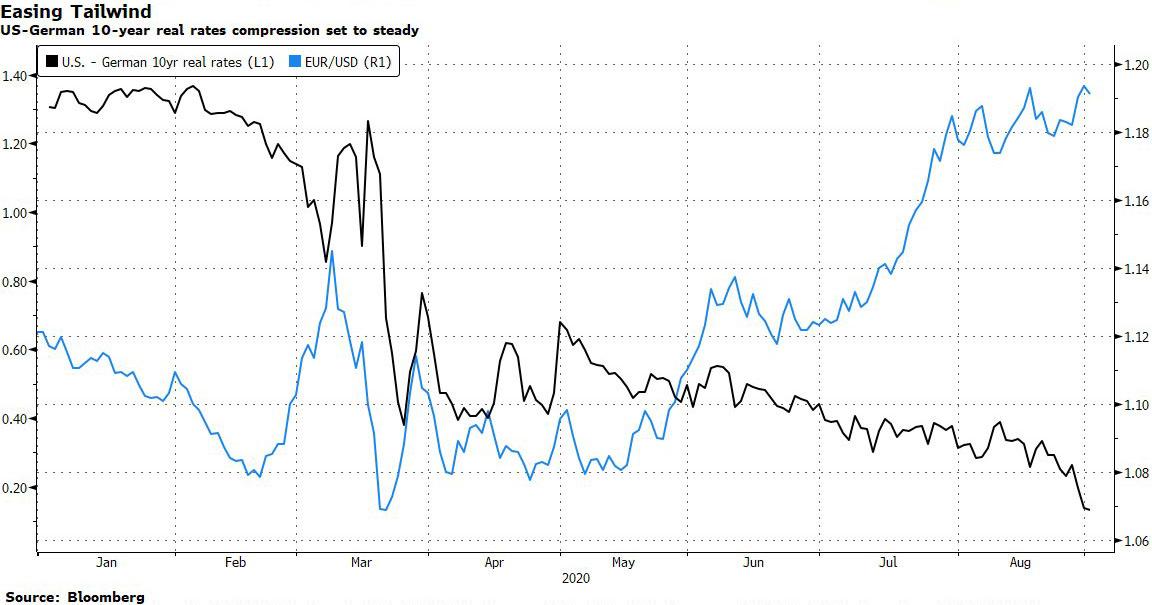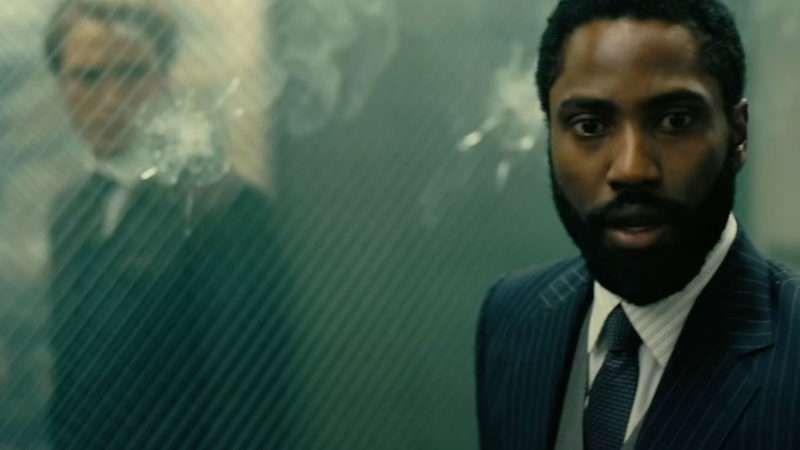I won’t spoil Tenet for you. Honestly, I’m not sure if I could.
Instead, I will say this: Perhaps you have noticed that time seems to have no meaning. That days creep by, yet also seem to pass faster than ever before. That it is hard to remember anything from the old world, and that time and space seem increasingly to run together, and also against each other. As the summer went on, and Hollywood delayed its new releases over and over again, I found myself wondering: Is the new Christopher Nolan movie out? Would I ever? What if I’d seen it already? That sensation, that time is running forward and backward and sideways, that perhaps I am fighting myself in some elaborate but poorly explained conceit that means—oh goodness, oh goodness, that suit is sooo beauuuuuitful, BWAAAAAAAM—where was I? Ah yes. What it’s like to watch Tenet.
Despite the secrecy surrounding the film’s plot and premise, the film itself is maze-like and maddening, a time-bending labyrinth both intensely cerebral and intentionally confusing, a sensory experience, complete with a frantically pulverizing score that takes director Christopher Nolan’s signature BWWAAAAAAAMS to a new level. Nolan, whose obsession with temporal perception stretches back to his breakout feature, Memento, has made a ludicrously extravagant, precociously difficult, absurdly dense exploration of—of all things—palindromes. Somehow, it’s great.
The story follows an unnamed secret agent (a dapper and immensely charming John David Washington, listed only as the Protagonist) who, after responding selflessly to a terrorist attack, is recruited into a shadowy organization referred to only as Tenet. It’s not immediately clear what the organization is or what it does because Nolan is interested in immediate clarity in the same way he’s interested in character backstory: not at all.
But its activities are built around a distinct method: inversion, in which objects acquire reverse entropy, moving backward through time instead of forward, even as the rest of the world moves on. So a fired bullet might return to its chamber, and a car that flips over on the highway might flip back onto the road. Similarly, as the movie dutifully explains how all of this works, you might go to the bathroom, and then return to your seat.
The forward-backward reverse-parallel tracks of time become even more tangled once humans are involved, and plans and counterplans are hatched by the Tenet agents and their opponents, led by Kenneth Branagh’s sneering Russian oligarch, Andrei Sator. The protagonist gets an assist from a fellow agent, played with loose charm by Robert Pattinson, and Sator’s wife, Kat (Elizabeth Debicki), ends up figuring into the story as well.
The various plans and plots are often indecipherable as they are explained, and yet somehow, over time, they start to feel as if they make just enough sense. By the time you find yourself half-listening, half-zoning out to disquisitions on the strategic value of “temporal pincer movements,” you realize: Nolan’s jumpy, jargon-heavy approach to exposition cuts both ways.
The exposition is choppy and brisk, but it’s the time-bending action sequences, in which objects zig and zag through time and space, unmoored from lineaity, that are the movie’s real selling points. Like Hitchcock and Spielberg before him, Nolan is this era’s great action setpiece manager. His strength is in the marriage of ideas and action; his premises are not only stories but ways of understanding cinematic time and space. Think of the multi-layered dream sequences in Inception, the multiple time-tracks of Dunkirk, even the opening bank robbery in The Dark Knight, all of which capture the central conceit of their films. Similarly, in Tenet, action scenes run both forward and backward, sometimes at the exact same time, sometimes in sequence. A man, a plan, a canal, Panama…Tenet. It’s a movie about both the reversability of the timeline.
Viewers are likely to be tempted by the notion that Tenet is a cryptogram to be solved. But this idea is a trap. It is certainly true that Nolan’s movies often unspool like elaborate puzzle-boxes, codexes just waiting to be cracked. But Tenet is less a puzzle than a pattern, an idea for structuring action, which moves forward and backward, reversing and repeating itself. It feels like a labyrinth, but there’s no way out or in, just an intellectual space to explore, two and a half hours of dazzling variations—some physical, some philosophical—on a theme. The trick isn’t to solve the film, it’s to succumb to its way of looking at the world. The movie even suggests as much: When the protagonist is learning about inversion, the scientist explaining it warns, “Don’t try to understand it. Feel it.” Viewers should do the same.
Once you accept the movie’s pattern, you see it everywhere. You may have noticed that the backward-forward system that provides the movie’s premise also covers its title. Tenet spelled backward is Tenet. Like so much in the movie, it’s a palindrome, a reflection of the film’s animating idea—its premise and its philosophy that time rolled forward or backward is inescapably the same, that it can be manipulated through intention yet nonetheless remains fixed. This idea is repeated several times in the dialogue, as characters inform each other that “what’s happened, happened.” Time is reversible but unchangeable. Forward. Backward. It’s all the same. Forget political bothsidesism; with Tenet, Christopher Nolan has bothsidesed time.
All of this is in keeping for Nolan, whose time-trickery has defined his cinematic career. His biggest idea, the overarching theme of his oeuvre, is that time is subjective, personal, and idiosyncratic, not the objective and unchangeable hegemon it appears to be. Ever the individualist, Nolan is constantly arguing that each of us experiences time in our own unique way.
This may come across as chilly, nihilistic, hopeless, even despairing. Nolan is not Hollywood’s warmest filmmaker. But his intellectual gamesmanship is not simply empty. For he is, at heart, a humanist and an individualist, a believer in the power of choice, even—perhaps especially—in the face of hopeless odds. Tenet, in the end, is a movie that defiantly affirms the notion that one person making the choice to be good and do good can matter. What’s happened has happened, yes, but that doesn’t lift one’s responsibility to do what is right.
That’s par for the course for the maker of Interstellar, about time loops and human daring, The Dark Knight Rises, about personal courage in the face of mob indecency, and Dunkirk, about how acts of social solidarity thwart historical evil. But it’s hardly common in Hollywood, where big-budget filmmaking on this scale rarely upholds any ideas at all.
And it’s even less common this year when Hollywood has essentially hit the pause button for six months, with theaters closed and the new movie pipeline on hold. The shutdown of theaters, along with everything else, has given time an elastic feeling, as if we are all living through some experimental Christopher Nolan film about the inscrutable fuzziness of weeks and days. Just as time has lost all meaning, Nolan has delivered a theatrical extravaganza about the malleability of time. In the upside-down, inverted world of 2020, time may not exist, but Tenet does, and you can see it on a big screen, at least if your state governor allows it. To see Tenet in the theater is to be reminded of not only why people see movies, but why they see them in theaters.
Looked at one way, Tenet is delirious and wonderful, finely tuned and breathlessly paced, a $200 million cinematic marvel, a big-screen clockwork I can’t wait to wind up again. Looked at another way, it is imperfect, impenetrable, slightly silly, bombastic, and self-serious. And yet, and yet, and yet, it is a real movie, an idea captured in light and sound in the grandest possible way, the kind of thing that takes over your brain and your senses, that you make the time to see. To express my feelings for it in the movie’s terminology: I loved it, it loved I.

from Latest – Reason.com https://ift.tt/31R4K23
via IFTTT
